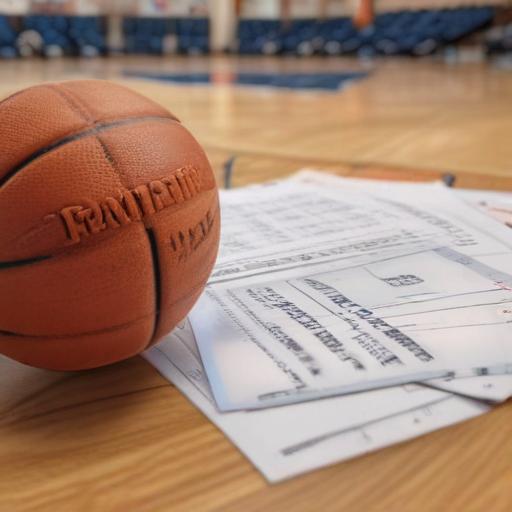This week, representatives from the WNBA and the Women’s National Basketball Players Association (WNBPA) met in New York to advance collective bargaining negotiations, following a previous in-person meeting during the All-Star Weekend in Indianapolis three weeks ago. The focus of these negotiations includes intricate details such as contract lengths, opt-out clauses, and how revenue streams are classified under team revenue, especially for teams owned by NBA franchises.
Pam Wheeler, the founding director of the WNBPA, emphasized that discussions center around the revenue-sharing system rather than just salary figures. “It’s the [revenue-sharing] system, and what do you include in that system?” she remarked in a video interview, pointing out that the players aim for a more equitable share of the league’s growing revenue amid its economic upturn.
An important issue in these negotiations is the potential relocation of the Connecticut Sun. Reports have surfaced regarding bids from Boston and Hartford to acquire and move the team. Both offers for the Sun exceed $300 million, potentially setting a record for U.S. women’s sports franchises. This trend highlights a significant shift in investment in women’s sports, with recent expansion fees for new franchises reaching $250 million from ownership groups in Detroit, Philadelphia, and Cleveland.
Dallas Wings star Arike Ogunbowale, representing the WNBPA, voiced the players’ desire for increased revenue and salaries, stating, “We need that investment to come back in our pocket as well… For 20-plus years, we’ve been playing for the love of the game but now we want our pockets to match that love.”
Despite growing interest and investment into the league, the challenge remains on how to fairly allocate this new influx of revenue, especially as many teams still incur losses. Historically, WNBA owners have tolerated annual deficits, wearily witnessing minimal revenue growth for nearly 25 years. Recent developments suggest a change in outlook, as owners actively invest in facilities and player amenities.
Teams could benefit from a new TV deal set to begin in 2026, projected to generate a yearly average of $260 million, although the distribution of these funds remains a contentious issue as NBA owners hold significant stakes in the league.
Boston Celtics minority owner Steve Pagliuca has voiced interest in acquiring the Sun and relocating them to Boston by 2027, backed by Massachusetts Governor Maura Healey. Conversely, billionaire Marc Lasry, a Connecticut native, might lead a local bid to keep the team in their current location, preserving Connecticut’s heritage in women’s basketball.
The outcome of these negotiations remains uncertain, especially concerning the potential approval by the WNBA’s Board of Governors for any relocation plans, further complicated by the fact that neither Boston nor Hartford participated in recent expansion bidding rounds.
The evolving landscape of the WNBA represents both challenges and promising opportunities for players and franchises alike as they navigate this new chapter in women’s professional sports.
